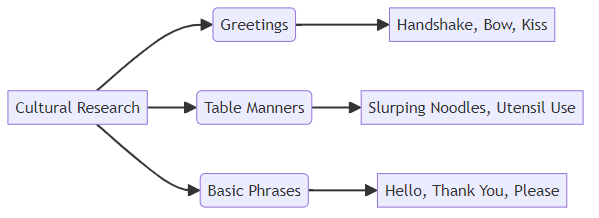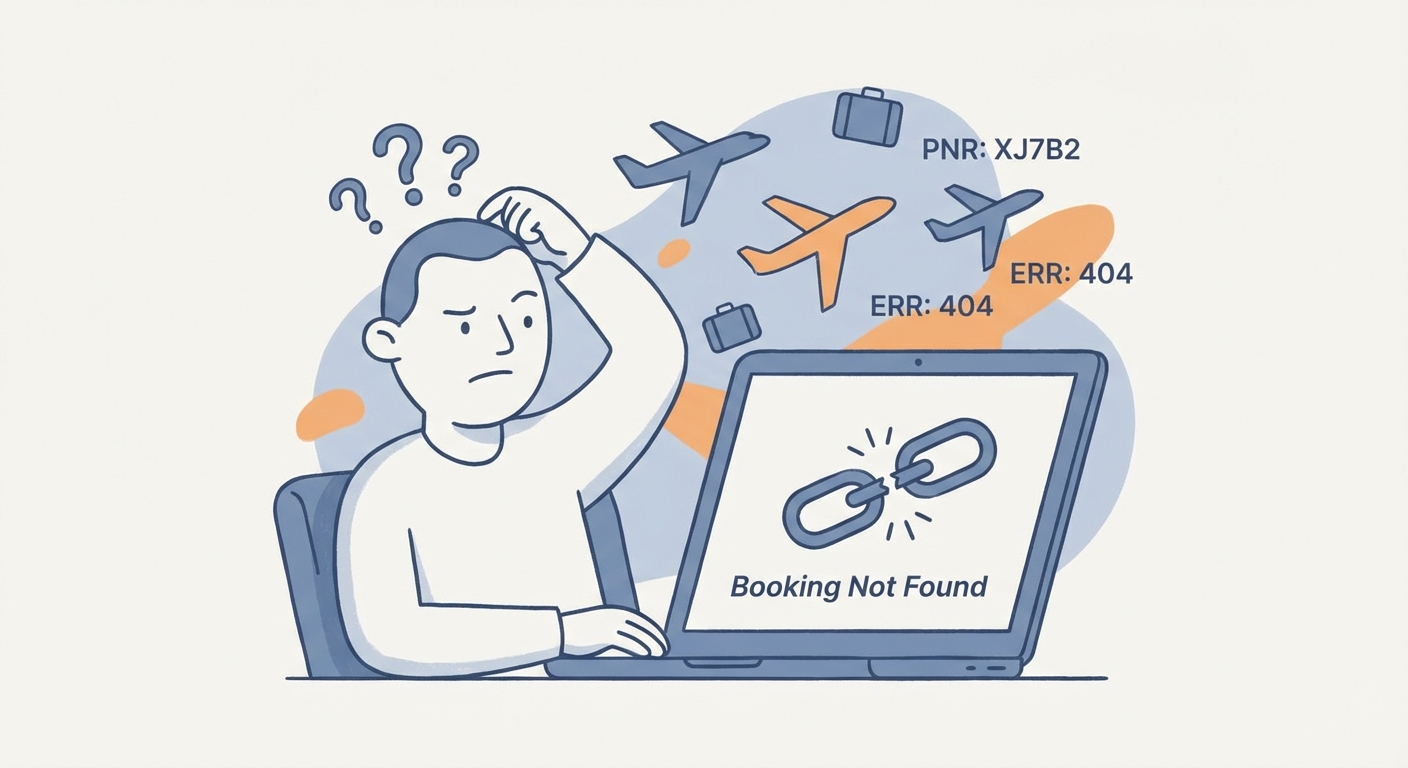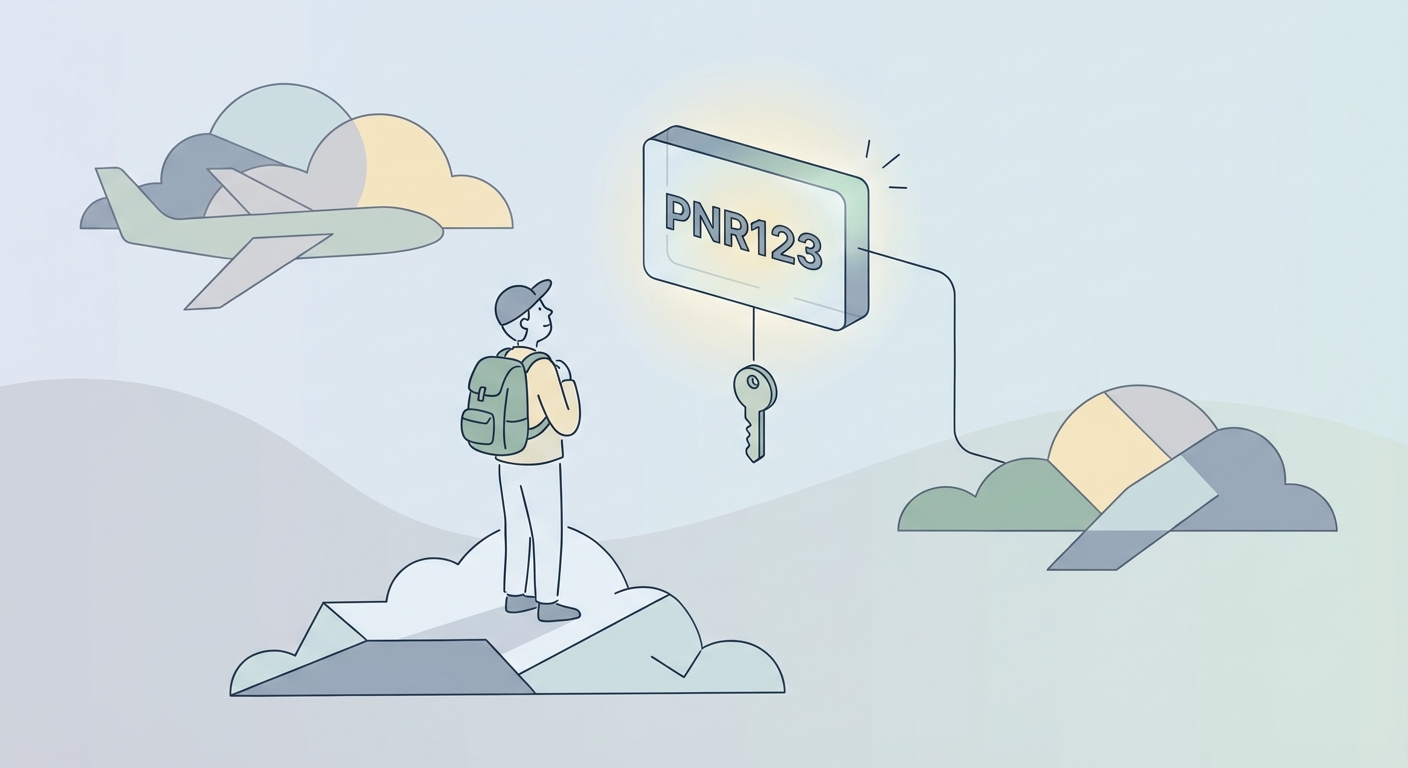Unlocking Global Adventures: Why Cultural Sensitivity Training is a Must for Tourism Professionals
Why Cultural Sensitivity Matters in the Tourism Industry
Imagine arriving in a new country and accidentally offending someone due to a simple misunderstanding of their culture. In the tourism industry, such missteps can have far-reaching consequences.
Cultural sensitivity in tourism involves several key aspects.
- First, it means understanding and respecting diverse cultures, traditions, and social norms. This includes being aware of customs related to greetings, dining, and personal space. For example, in some cultures, direct eye contact is a sign of respect, while in others, it may be considered rude.
- Second, it requires recognizing the impact of actions, language, and interactions on local communities. Tourists should understand that their behavior can affect local economies, environments, and social structures.
- Third, it emphasizes adapting to local customs rather than imposing personal customs. This might involve dressing modestly when visiting religious sites or learning a few basic phrases in the local language. According to SATGURUTRAVEL, cultural sensitivity means understanding that every culture has its values and traditions, and as visitors, we must adapt rather than impose our customs. (7 Tips for Cultural Sensitivity in Tourism and Travel)
Cultural sensitivity is crucial for promoting sustainable tourism.
- It helps in avoiding offensive or inappropriate actions that disrespect local customs. Knowing local customs, including gestures, table etiquette, and greetings, guarantees polite interactions.
- It plays a role in promoting respectful interactions and minimizing exploitation of local cultures. Cultural sensitivity encourages sustainability of the location since it encourages respectful interactions with the cultures and minimal exploitation of customs at the destinations.
- It directly contributes to the sustainability of destinations by preserving cultural heritage. By supporting local businesses and respecting local traditions, tourists can help ensure that these traditions continue to thrive.
Both tourism professionals and travelers benefit from cultural sensitivity.
- It enhances personal travel experiences through deeper cultural understanding.
- It creates a positive and respectful environment for both visitors and locals.
- It assists in building long-lasting relationships and fostering mutual respect. As Cultural sensitivity: Engaging difference in tourism suggests, cultural sensitivity enhances recognition, respect and reciprocity towards otherness in Arctic tourism and beyond.
Understanding why cultural sensitivity matters sets the stage for exploring how tourism professionals can acquire these vital skills.
Key Components of Cultural Sensitivity Training
Did you know that misinterpreting a simple gesture could lead to significant misunderstandings in cross-cultural interactions? For tourism professionals, mastering cultural sensitivity is not just an advantage, but a necessity. Let's explore the key components of cultural sensitivity training.
Cultural sensitivity training often begins with exploring cultural dimensions. These dimensions provide a framework for understanding the values, beliefs, and behaviors prevalent in different cultures, often based on frameworks like Hofstede's cultural dimensions theory. Key concepts include:
- Individualism vs. Collectivism: This dimension examines the degree to which individuals prioritize personal goals over group goals. In individualistic societies, like the United States, personal achievement is highly valued. Conversely, collectivist societies, such as Japan, emphasize group harmony and cooperation.
- Power Distance: This dimension refers to the extent to which less powerful members of organizations and institutions accept and expect that power is distributed unequally. High power distance cultures, such as many Asian countries, exhibit a hierarchical structure with clear lines of authority. Low power distance cultures, like Denmark, promote more egalitarian relationships.
- Uncertainty Avoidance: This dimension measures a society's tolerance for ambiguity and uncertainty. Cultures with high uncertainty avoidance, such as Greece, prefer clear rules and structured environments. Cultures with low uncertainty avoidance, like Singapore, are more comfortable with ambiguity and change.

Non-verbal cues constitute a significant portion of communication. Training in this area focuses on:
- Recognizing the importance of non-verbal cues: Different cultures interpret gestures, facial expressions, and body language differently. For example, a nod might mean "yes" in many Western cultures, but it can signify "no" in some parts of India.
- Understanding variations in personal space: Proxemics, the study of personal space, varies significantly across cultures. In some cultures, close physical proximity during conversations is common, while in others, maintaining a greater distance is preferred.
- Avoiding unintentional offense: Being mindful of body language can prevent misunderstandings. For example, showing the soles of your feet is considered disrespectful in many Muslim countries.
Effective communication is the cornerstone of cultural sensitivity. Training emphasizes:
- Using clear and respectful language: Avoid slang, jargon, and idioms that may not translate well across cultures. Speak slowly and clearly, and be mindful of your tone.
- Active listening: Pay close attention to what others are saying, both verbally and non-verbally. Show genuine interest by asking clarifying questions and summarizing key points.
- Adapting communication styles: Be flexible and willing to adjust your communication style to suit different cultural contexts. This might involve being more formal or informal, direct or indirect, depending on the cultural norms.
Understanding these key components equips tourism professionals to navigate diverse cultural landscapes with respect and empathy. Next, we'll examine the specific skills that cultural sensitivity training aims to develop.
Practical Tips for Tourism Professionals: Applying Cultural Sensitivity
Imagine planning a dream vacation, only to discover that your actions unintentionally offend the local community. For tourism professionals, applying cultural sensitivity is about turning potential missteps into opportunities for meaningful connection.
Tourism thrives on cultural exchange, but this exchange must be respectful. Before visiting a new location, it's vital to research local customs, traditions, and etiquette. This preparation ensures interactions are polite and considerate.
- Understanding greetings is crucial. A handshake, a bow, or a cheek kiss can all convey respect, but only if used correctly.
- Table manners vary widely. Slurping noodles might be a compliment in some Asian countries but impolite elsewhere.
- Learning basic phrases in the local language demonstrates a genuine interest and willingness to connect, which can facilitate smoother interactions and show deep respect for the local culture.

Many destinations feature sites of deep religious or cultural importance. Tourism professionals must follow rules and guidelines when visiting these sacred places.
- Dress codes often apply. Shoulders and knees should be covered in many religious sites.
- Removing shoes before entering is a common practice in temples and mosques.
- Photography may be restricted to protect the sanctity of the location.
Tourism can significantly impact local economies. By shopping at locally owned markets, craft stores, and restaurants, tourism professionals can contribute positively.
- Purchasing handmade goods supports local artisans and preserves cultural traditions.
- Trying local cuisine offers an authentic cultural experience while boosting local businesses.
- This approach ensures that tourism benefits the community directly and promotes sustainability.
Applying cultural sensitivity in these practical ways transforms travel from a simple visit into a respectful and enriching experience. Next, we'll explore how to handle communication challenges that may arise.
Handling Communication Challenges in Cross-Cultural Interactions
Navigating conversations across different cultures can sometimes feel like walking a tightrope. Misunderstandings can happen, but with the right approach, these challenges can be overcome, leading to stronger connections.
One of the most common hurdles is language barriers. Even with translation apps, nuances can be lost.
- Speak slowly and clearly, enunciating your words. Avoid using slang, idioms, or complex sentence structures that might not translate well.
- Use visual aids when possible. Pointing, gesturing (carefully, considering cultural norms), or using pictures can help convey your message.
- Be patient and willing to repeat yourself or rephrase your message if needed. Don't assume the other person understands just because they nod.
Non-verbal communication can be a minefield of potential misunderstandings. What's polite in one culture might be offensive in another.
- Observe and adapt. Pay attention to how locals interact. Are they using a lot of hand gestures? Do they maintain close eye contact? Try to mirror their general style without being overly imitative.
- Be mindful of personal space. Some cultures are comfortable with close proximity, while others prefer more distance. Err on the side of caution and allow others to dictate the comfortable distance.
- Understand the meaning of gestures. A thumbs-up, for instance, is positive in many Western cultures but can be offensive in some parts of the Middle East and West Africa.
Differing communication styles can also lead to friction. Some cultures are very direct, while others are indirect and rely on context.
- Listen for implied meanings. In indirect cultures, what is not said can be as important as what is said. Pay attention to tone, pauses, and body language.
- Ask clarifying questions respectfully. Instead of assuming you understand, phrases like "Could you tell me more about that?" or "So, if I understand correctly, you're saying..." can be very helpful.
- Be aware of cultural norms around conflict. In some cultures, direct confrontation is avoided at all costs, while in others, it's a normal part of discussion.
When faced with a communication breakdown, remember that empathy and a willingness to learn are your most powerful tools. Approach each interaction with an open mind and a genuine desire to connect, and you'll find that most challenges can be navigated successfully.
The Role of Technology in Promoting Cultural Sensitivity
Did you know technology can be a powerful ally in fostering cultural understanding? From translation tools to online resources, technology offers numerous ways for tourism professionals to enhance their cultural sensitivity.
Language barriers can be a significant hurdle in cross-cultural interactions. Fortunately, technology offers solutions.
- Translation apps provide real-time communication assistance. These apps allow tourism professionals to communicate with guests who speak different languages, facilitating smoother interactions and reducing misunderstandings.
- Language learning tools help acquire basic phrases and cultural insights. Apps like Duolingo or Rosetta Stone can teach essential phrases and provide context on cultural nuances, enabling more meaningful engagement with locals.
- These tools are useful for restaurants to translate menus, for hotels to communicate with international guests, and for tour operators to provide information in multiple languages.
The internet is a treasure trove of cultural information. Tourism professionals can tap into this wealth of knowledge to better understand diverse cultures.
- Websites and databases offer information on cultural norms and etiquette. Resources like Culture Crossing provide detailed guides on customs, traditions, and social behaviors in various countries, often including do's and don'ts, dress codes, and social etiquette.
- Travel guides and documentaries provide deeper insights. Watching documentaries or reading travel blogs can offer a more immersive understanding of a culture, moving beyond basic facts.
- Online forums and communities facilitate cultural exchange. Platforms like Reddit or travel forums allow professionals to ask questions, share experiences, and learn from others' perspectives.
Social media can play a crucial role in promoting cultural sensitivity, but it requires a responsible approach.
- Sharing respectful and accurate representations of local cultures is essential. Tourism professionals can use platforms like Instagram or Facebook to showcase the beauty and diversity of different cultures, while avoiding stereotypes.
- Avoiding the propagation of stereotypes or misinformation is crucial. Always verify information before sharing it and be mindful of the potential impact of your posts.
- Promoting sustainable tourism practices and ethical travel choices can be done through social media. Share information about eco-friendly tours, support local businesses, and encourage responsible behavior among travelers.

By harnessing the power of technology, tourism professionals can significantly enhance their cultural competence and create more meaningful and respectful travel experiences. Next, we'll explore how to address communication challenges that can arise when interacting across cultures.
Case Studies: Success Stories in Cultural Sensitivity Training
Cultural sensitivity training isn't just a nice-to-have; it's a game-changer for tourism businesses aiming to thrive in a global market. Let's dive into some real-world examples of how this training translates into success.
Several hotel chains now recognize cultural sensitivity as a core component of their service excellence. These programs often include:
- Training modules that cover cultural dimensions, non-verbal communication, and religious practices. Staff learn about different customs, such as appropriate greetings and dining etiquette, to avoid misunderstandings and create a welcoming environment.
- Role-playing activities that simulate real-life scenarios. Employees practice handling diverse guest needs, from dietary restrictions to religious accommodations, enhancing their confidence and competence.
- Guest feedback mechanisms to continuously improve services. Hotels actively solicit feedback on cultural sensitivity, using surveys and reviews to identify areas for improvement and tailor training programs accordingly.
These initiatives lead to higher customer satisfaction scores and improved employee morale. Staff feel more equipped to handle diverse situations, leading to increased confidence and job satisfaction.
Tour operators are also embracing cultural sensitivity to design more authentic and respectful travel experiences. Their strategies include:
- Collaborating with local communities to develop tours that benefit residents directly. This ensures that tourism revenue stays within the community and supports local businesses.
- Training tour guides to act as cultural ambassadors. Guides receive comprehensive training on local history, traditions, and customs, enabling them to provide accurate and respectful interpretations. This comprehensive training directly equips tour guides to mediate between tourists and local communities, as noted in a study by Tsaur and Tu (2019), stating that cultural competence is essential for tour leaders, enabling them to mediate between tourists and local communities.
- Designing itineraries that prioritize cultural exchange and minimize negative impacts. Tours often include visits to local markets, participation in traditional ceremonies, and opportunities to interact with artisans and craftspeople.

Airlines are also investing in cultural sensitivity training to better accommodate passengers from diverse backgrounds. These programs focus on:
- Language training to improve communication with international passengers. Staff learn basic phrases in multiple languages and are trained to use translation tools effectively.
- Sensitivity training to address cultural differences in communication styles and personal space. Employees learn to recognize and respect different cultural norms, such as preferred levels of formality and directness.
- Accommodation protocols for religious and dietary needs. Airlines develop and implement these protocols by considering specific religious observances and dietary requirements, offering options like special meals, prayer spaces, and other accommodations to ensure passengers feel respected and valued.
These efforts enhance the travel experience for all passengers and demonstrate a commitment to inclusivity and respect.
By implementing cultural sensitivity training, these organizations not only improve their business outcomes but also contribute to a more respectful and sustainable tourism industry. Next, we'll look at how to tackle some of the communication challenges that can arise when interacting across cultures.
GoTriply: Your Partner in Planning Culturally Enriching Adventures
Planning a trip that's both exciting and respectful of local cultures? GoTriply makes it easier than ever to plan culturally enriching adventures. We focus on creating personalized itineraries while ensuring you're well-prepared to engage respectfully with different cultures.
GoTriply designs customized travel itineraries that prioritize cultural immersion and respect for local traditions.
Our ai-powered trip planner ensures your adventure aligns with your personal preferences, including cultural sensitivities.
We help you discover hidden gems and local experiences for authentic cultural encounters.
GoTriply provides detailed information on cultural etiquette and norms for your chosen destination. This information is presented through interactive guides, downloadable pdfs, and in-app tips for easy access.
Our destination exploration guides offer insights into local customs, traditions, and social expectations.
Prepare for your trip confidently, knowing you're equipped to navigate cultural nuances respectfully.
GoTriply helps you book culturally sensitive hotels and activities that support local communities.
We partner with businesses that prioritize sustainability and respect for cultural heritage.
Ensure your travel choices contribute to the preservation of local cultures and economies.
With GoTriply, you gain access to resources that promote responsible and culturally aware travel. By supporting local businesses and respecting traditions, you can ensure your journey is both enjoyable and ethical.
Next, we'll explore how to handle communication challenges that may arise.
The Future of Tourism: Embracing Cultural Sensitivity as a Core Value
The future of tourism hinges on embracing cultural sensitivity. By promoting ethical practices, investing in ongoing training, and fostering inclusivity, we can create a world where travel enriches and respects diverse cultures.
Advocating for travel practices that minimize negative impacts on local communities and environments. For example, supporting eco-tourism initiatives helps preserve natural habitats, but also choosing locally sourced accommodations, respecting wildlife, and participating in community-based tourism projects.
Encouraging travelers to make informed choices supports sustainable tourism. Choosing accommodations and tours that prioritize local resources helps.
Highlighting the importance of respecting human rights and cultural heritage ensures tourism benefits everyone.
Emphasizing the need for continuous learning and development in cultural sensitivity is vital. As Coursebox.ai offers, cultural awareness and sensitivity training enhances understanding of cultural diversity in tourism.
Supporting organizations that provide training and resources benefits tourism professionals. This ensures they are well-equipped to handle diverse situations.
Promoting a culture of inclusivity and respect within the tourism industry creates a welcoming environment for all.
Tourism should foster greater understanding and appreciation between cultures. Meaningful cultural exchanges can replace cultural exploitation.
Travel plays a role in breaking down stereotypes and prejudices. Open-mindedness enhances travel experiences.
Promoting a global community ensures everyone feels welcome and respected.
By embracing cultural sensitivity, we pave the way for a more responsible and enriching tourism industry. Next, let's explore how to handle inevitable communication challenges.





